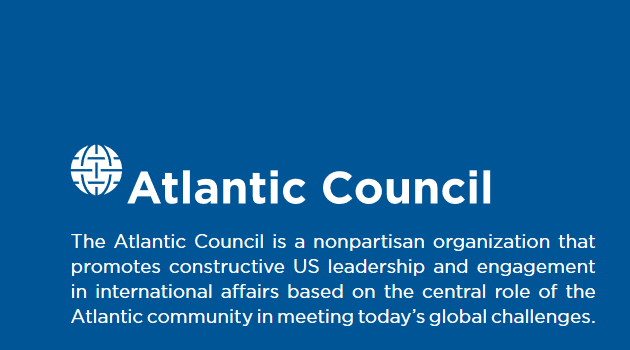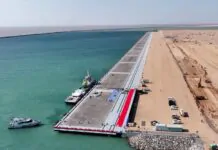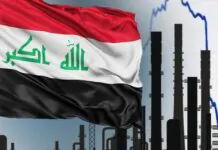Baghdad — Something unexpected is happening in Iraq’s oil sector. After years of watching from the sidelines as Chinese and European companies took the lead, U.S. energy firms are making a strong comeback.
Over the past two months, ExxonMobil, Chevron, HKN Energy, and oil services giant KBR have all signed major deals with Baghdad. At the same time, GE Vernova is expanding its footprint in Iraq’s power sector, signaling renewed American interest across the country’s energy landscape.
Politics Behind the Push
This sudden wave of U.S. involvement is not a coincidence. Iraqi Prime Minister Mohammed Shia al-Sudani has recognized what the Kurdistan Regional Government (KRG) understood years ago — that energy deals translate into political influence in Washington.
By engaging major U.S. corporations, al-Sudani hopes to secure more than just investment — he’s seeking political leverage and, possibly, U.S. support for a second term.
However, whether this strategy will pay off remains uncertain. Iraq’s upcoming elections and the complicated government formation process that will follow could easily reshape the political landscape, affecting both the deals and the companies involved. In Iraq, commercial logic has often taken a back seat to political calculation — and that risk still looms large.
Why U.S. Companies Are Coming Back
For the companies themselves, the business rationale is straightforward. Iraq offers some of the world’s lowest-cost oil production — and in enormous quantities. Few other countries can match Iraq’s mix of massive reserves and cheap extraction costs, making it a rare prize for international oil giants looking for long-term supply security.
With production costs in Iraq estimated at below $10 per barrel, it’s a logical choice for companies needing to offset rising costs elsewhere.
ExxonMobil and Chevron have an added incentive. Both have significant operations in Kazakhstan, where the government is now seeking to renegotiate contracts to boost state revenues. If those ventures face new restrictions or financial pressure, Iraq could become a strategic fallback — a way to balance portfolio risks in a volatile global environment.
Opportunity and Risk
For Baghdad, attracting U.S. firms helps diversify partnerships and reduce reliance on Asian and European players, while signaling to Washington that Iraq is still open for business. For the companies, it offers access to world-class reserves — but in a complex, politically charged setting.
As one energy analyst put it, “Iraq offers some of the best barrels in the world — but also some of the hardest politics.”
Whether this new alignment produces real economic progress or becomes another short-lived political maneuver will depend largely on Iraq’s stability in the months ahead.
For now, both Baghdad and Washington are watching closely — as oil and politics once again prove inseparable in Iraq’s evolving story.





